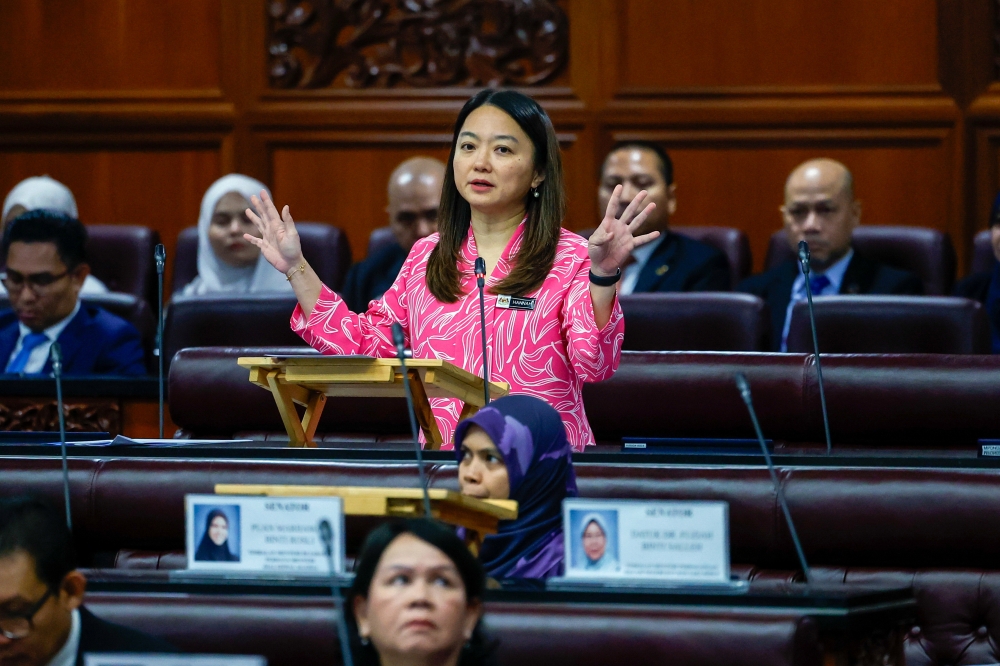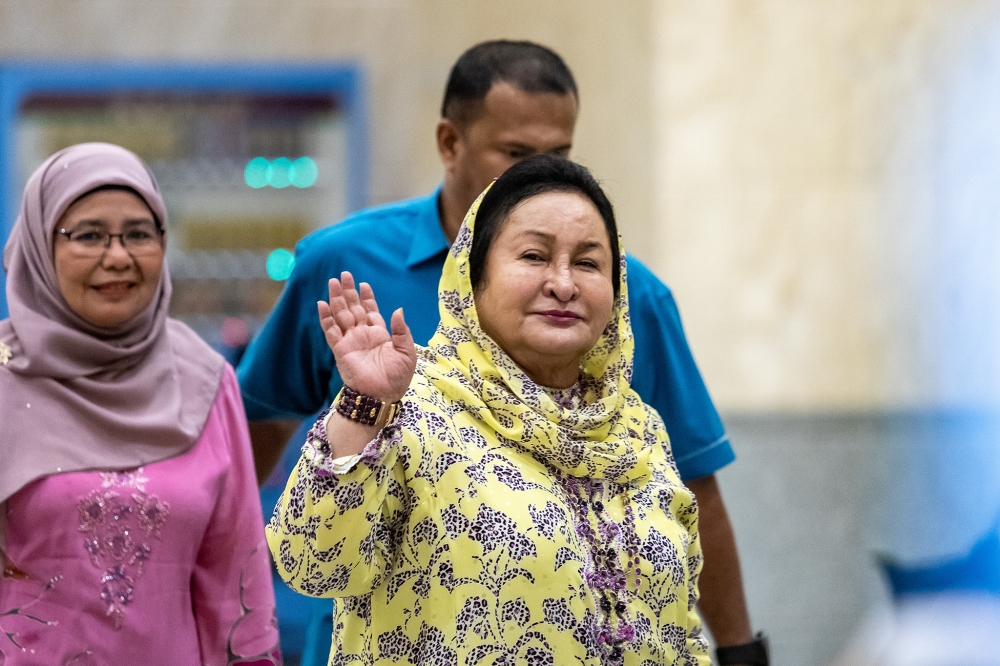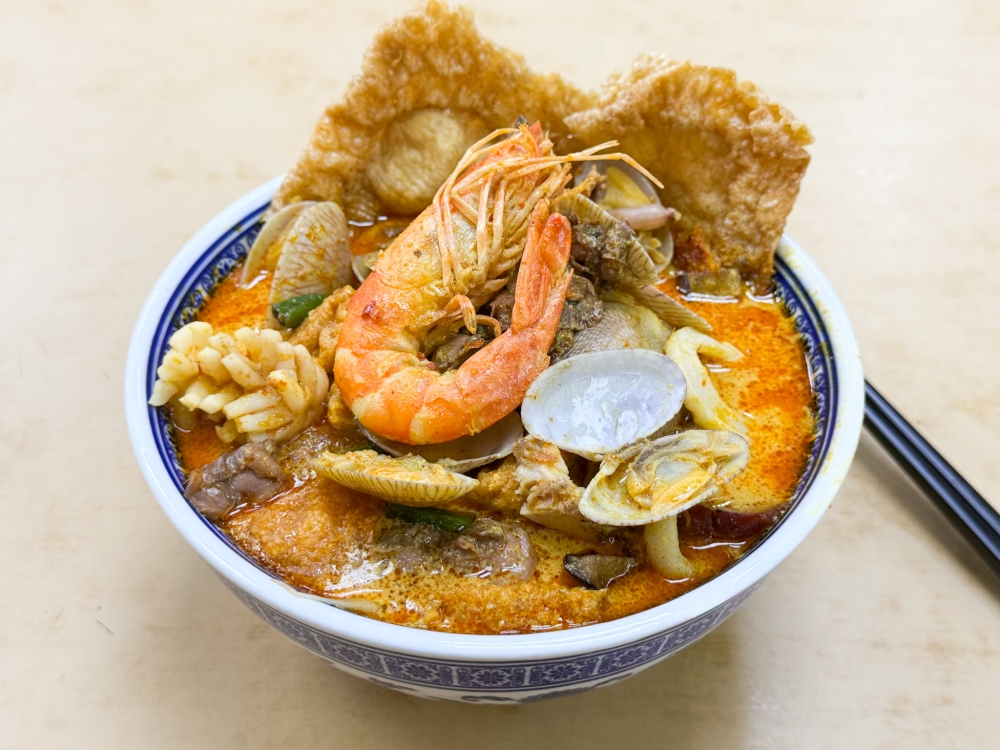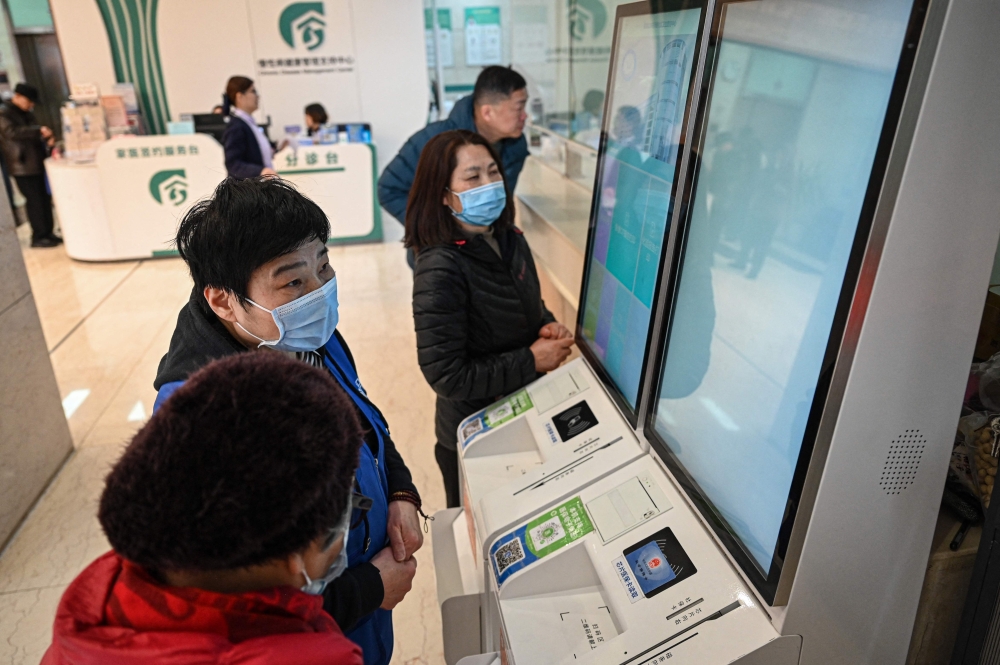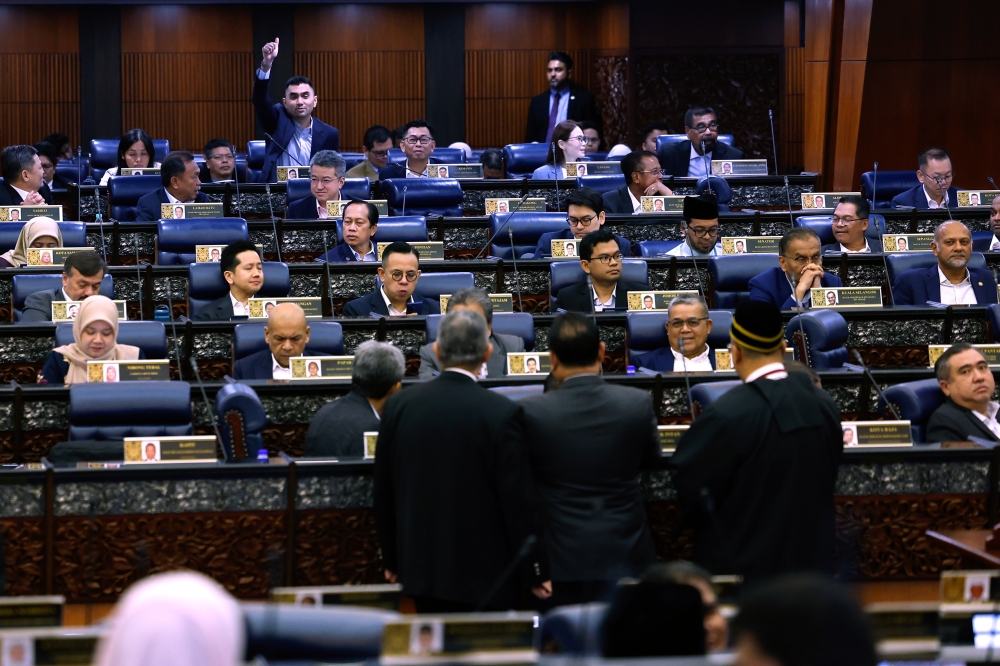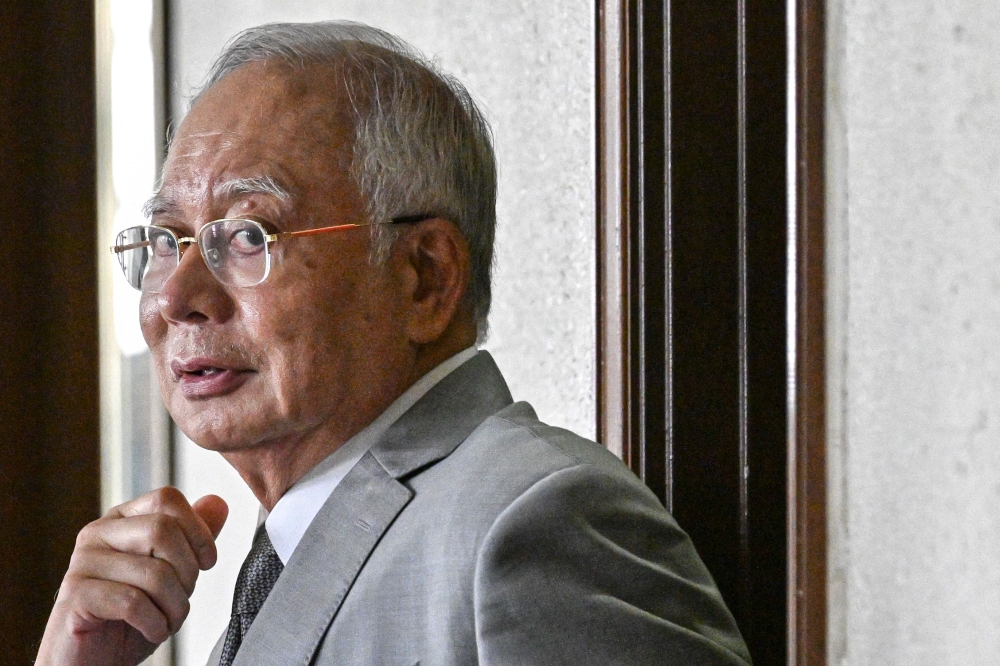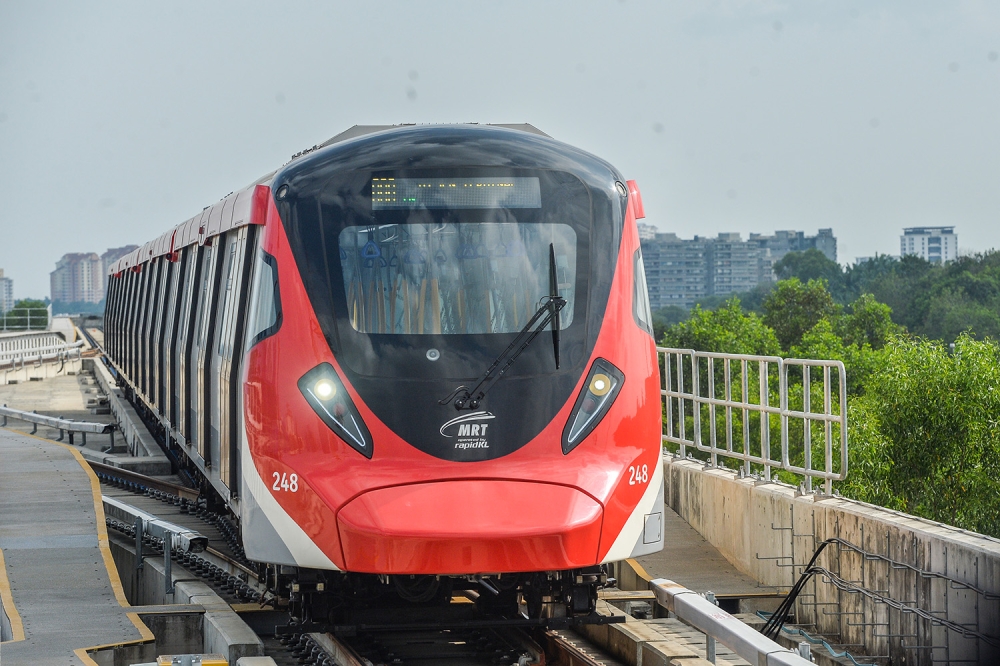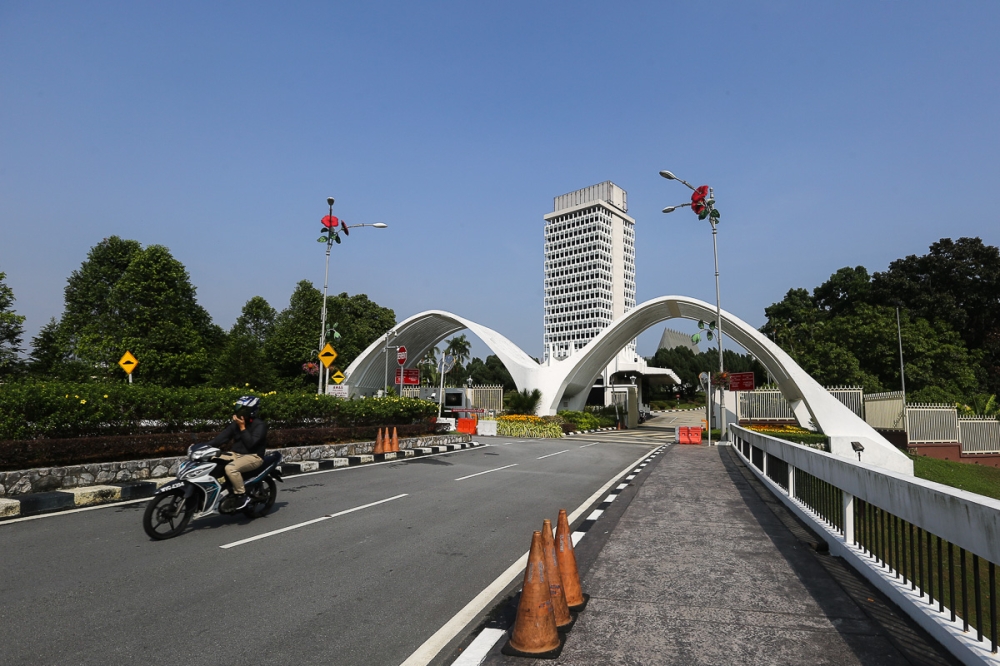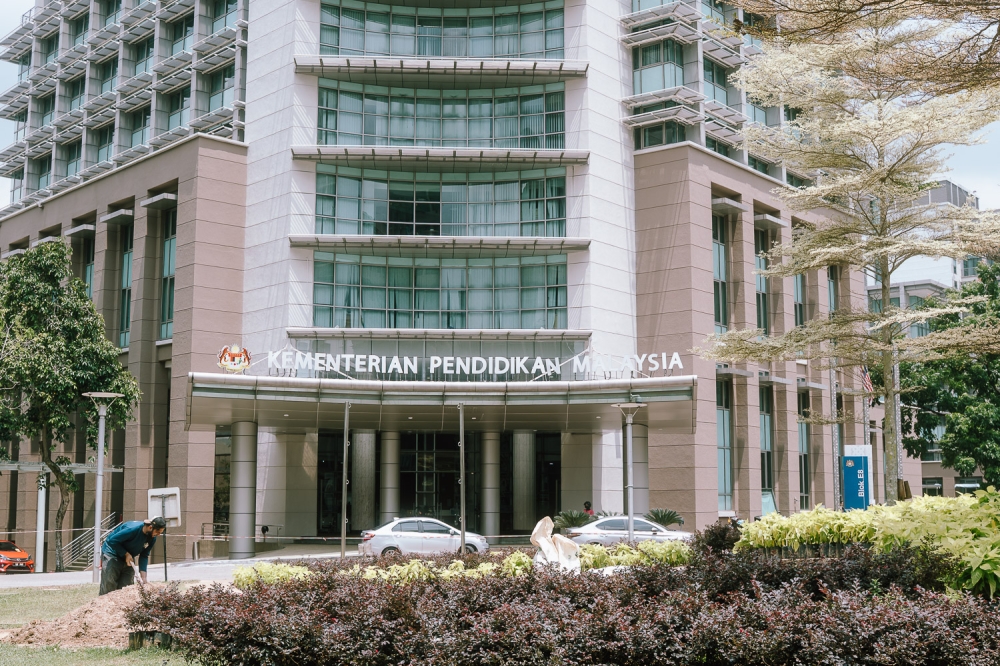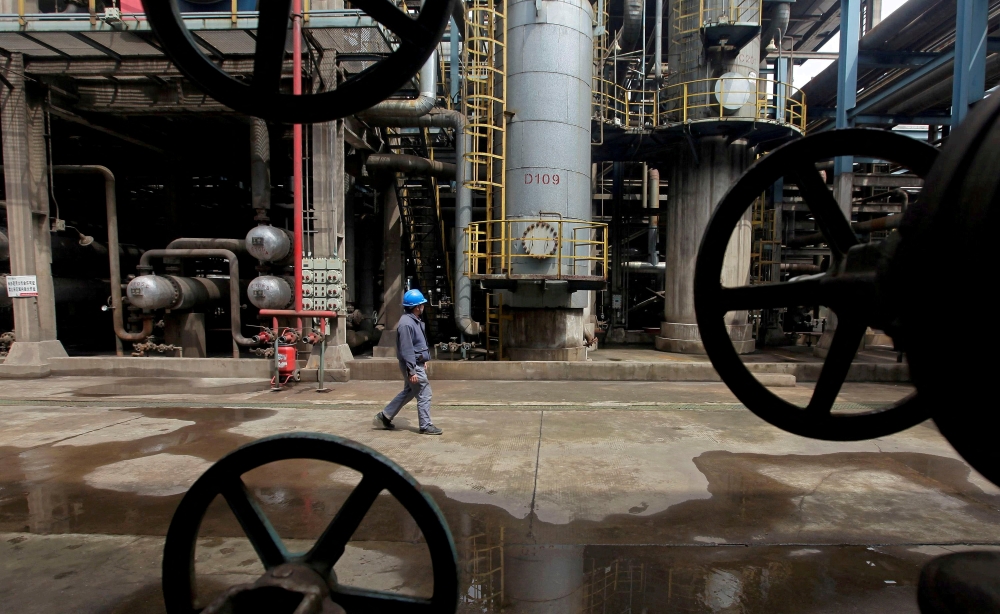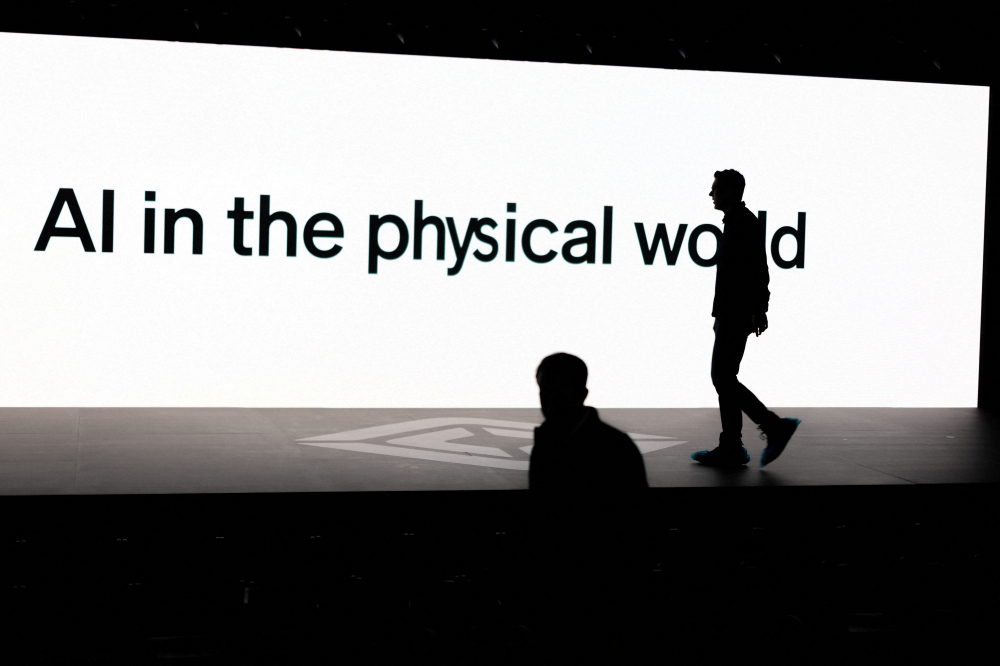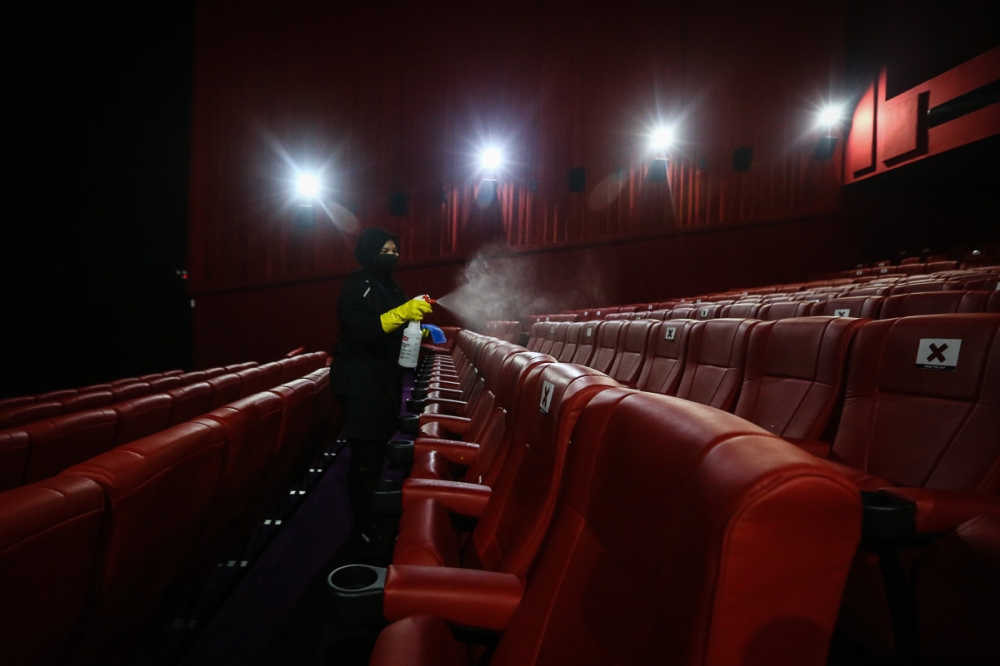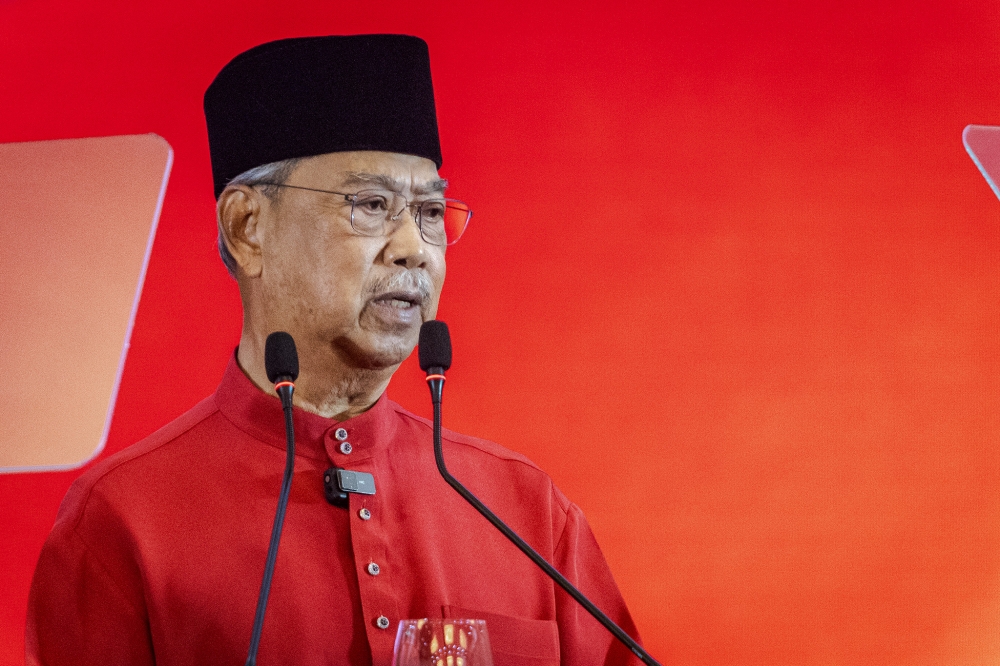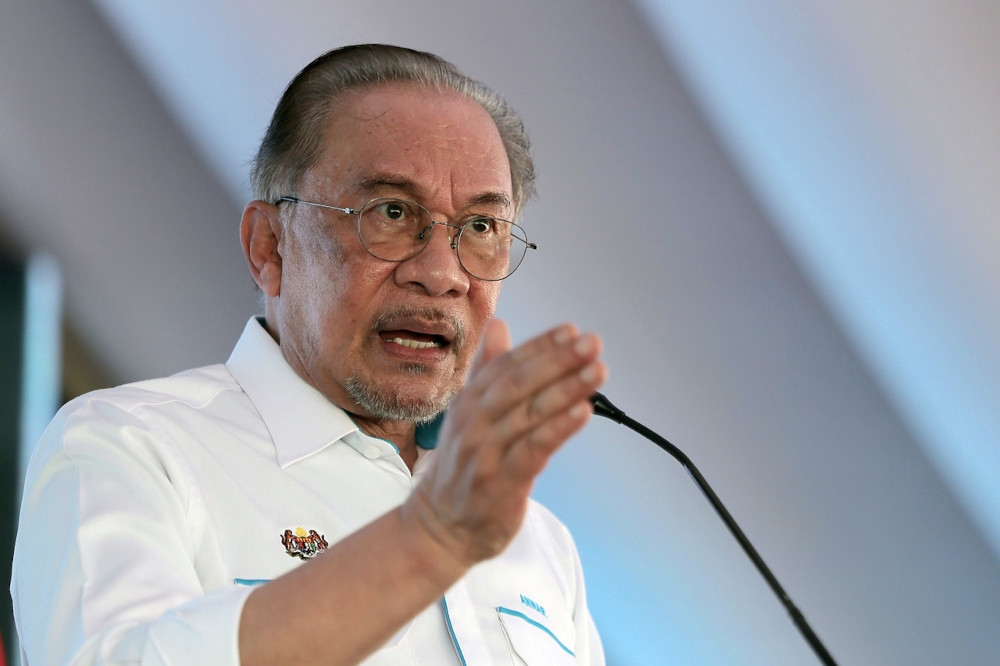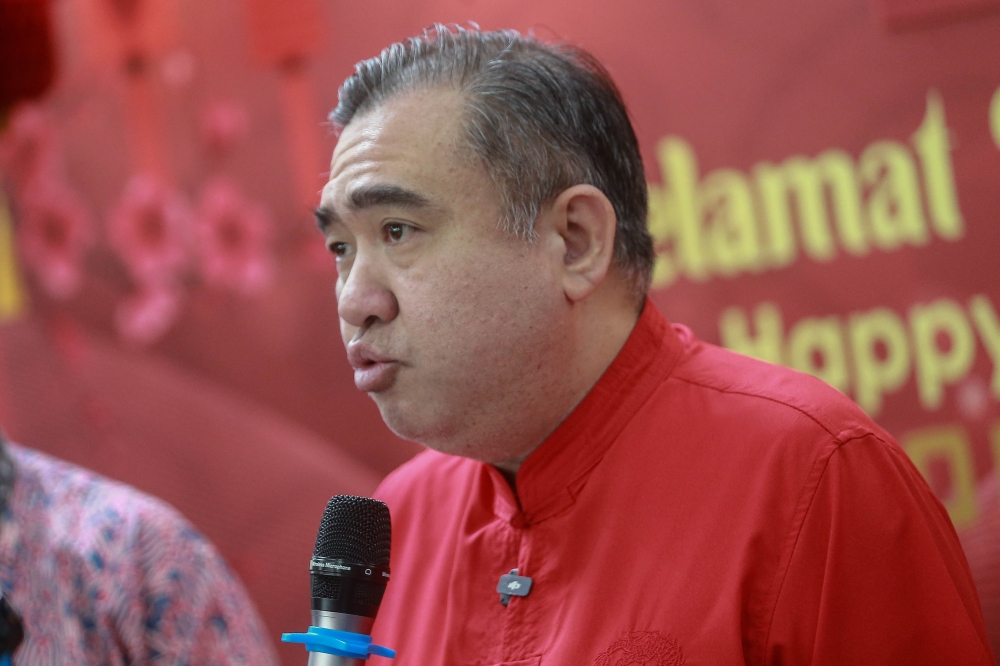DECEMBER 2 — Was the bonhomie between the Malaysian and Indian prime ministers at their latest meeting in KL just diplomatic niceties for the cameras or was there mutual recognition of the similarities between the brand of politics practised by their respective political parties, Umno and the BJP?
Consider the following; they were both elected on a platform of promoting good governance and economic growth and they both are much more moderate in their stance internationally than they are at home.
On a more sombre note though; members of their parties and allied organisations routinely target their substantial minority communities for their alleged insults towards the sentiments of the majority and vocal members of minority communities who criticise their governments are told to go back to the countries their communities originated from, even if centuries earlier.
At their annual convention, majoritarianism is the undeclared theme and frenzied playing up largely unfounded threats to the majority at the hands of the scheming minority is the order of the day. Domestically they preside over right wing coalitions with substantial extremist fringes, but occasionally need to soothe ethnic tensions as they need some level of political support from the minority electorate.
Of course the irony of them representing notions of Islamic and Hindu nationalism respectively and identifying each other’s religions as the treacherous minority is almost too spooky to be true. Here, people who march with cow’s heads to protest the daring of Hindus in wanting to build a temple in a Muslim majority area are defended by the home minister. There, a Muslim man accused of eating beef is lynched to death by a Hindu mob.
Here, according to Human Rights Watch in its October 2015 report, “Eric Paulsen, the executive director of Lawyers for Liberty, was charged with sedition on February 5, 2015, for a tweet that criticised the Malaysian Islamic Development Department (JAKIM), a government agency, for issuing sermons that allegedly promoted extremism. Paulsen was subjected to a frenzied media campaign that included death threats, and was accused of insulting Islam.”
There, Bollywood megastars Shah Rukh Khan and Aamir Khan who commented on what they termed as a growing culture of intolerance in the country have been subjected to a similarly frenzied media campaign that included death threats, and were accused of insulting Hinduism.
While there are similarities in the way politicians in both countries have used communal or religious sentiments for electoral benefit, there are significant differences too.
Malaysia has had the same coalition in power since independence which some analysts argue has led to a culture of complacence and decay, while the electorate armed with rapid economic development and access to alternative news media is increasingly vocal and demanding of reform. Most democratic institutions have corroded over the years and the executive has armed itself with almost overarching powers.
In many ways a combination of strong arm tactics against political opponents, alternative media and civil society while appealing to the emotional instincts of the majority element of the electorate seems to be the preferred strategy of Umno for continued political dominance.
Also, given the current state of siege the ruling dispensation finds itself in, the expectation is for a less democratic, more authoritarian centralised system of governance to emerge as power is consolidated in a manner that brooks little argument.
The outlook for India is better simply because of the strength of its democratic institutions and the maturity of its electorate. The Election Commission and the judiciary are largely free of the control of the executive, and both coalitions control or have large sections of the media aligned to them, thus allowing for a relatively equal chance for the incumbent and the opposition to gain political power. When the system of democratic checks and balances works as it is supposed to, winners in electoral politics tend to gravitate towards the centre, simply because they need to cast their net wider to include voters that may not be their natural supporters in order to win.
While the current political logic in the context of a weakened democratic fabric makes a more inclusive approach extremely hard for the leadership of Umno, expect the BJP, constrained more by the independence of institutions of governance, to revert to a more moderate social tone while trumpeting its economic credentials well before the next elections.
Same same, but couldn’t be more different.
* This is the personal opinion of the columnist.


